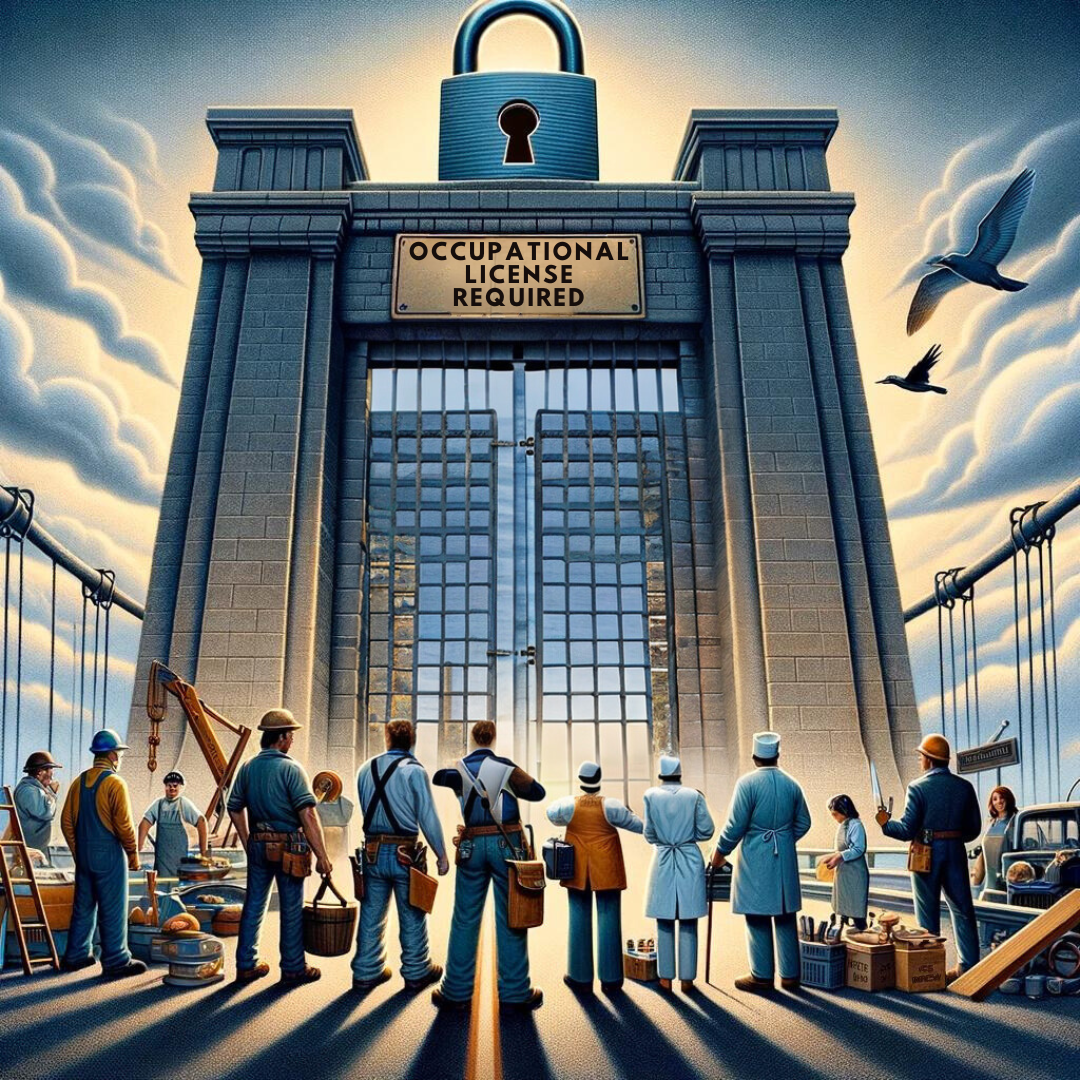This is why transparency in collective bargaining is needed…
Last summer, Governor Inslee was negotiating with the union that represents the state’s home care workers, Service Employee International Union 775 (SEIU), on the new 2017-2019 collective bargaining contract.
Our state does not consider such public employee contract negotiations to be covered by the state’s otherwise strong open meetings and public records laws. This means the public does not have access to the details of any contract negotiations between the Governor’s Office and the union representing public employees until after an agreement has been struck. At that point, the finalized contract is posted on the website of the state Office of Financial Management.
Even then, what is not posted online are the details of the proposals and ensuing negotiations that led to the finalized collective bargaining agreement. In order to learn exactly what SEIU 775 asked for, what the Governor’s Office offered, and what transpired to the point that both came to an agreement, you have to wait until the budget funding the contract is signed into law and then file a public records request with the state. After the request is filed, it takes a couple of months to get the records.
Learning the details of those negotiations can be enlightening (not to mention a little entertaining).
One great example is SEIU’s outrageous demand (section 4.6) that if 25% of the home care workers opt to exercise their right under the U.S. Supreme Court ruling in the Harris v. Quinn case to not pay SEIU for representation they do not want, then the union has the right to negotiate “a funding mechanism that will ensure the Union has sufficient resources to fulfill its important role of assisting in the delivery of state services.”
Yep, you read that right. SEIU actually demanded that if a quarter of the home care workers they “represent” decide that representation is not worth what SEIU charges, then the state is on the hook to help SEIU make up the difference. What that would look like is not clear—did SEIU expect tax dollars to make up the difference? Or was the union asking for some sort of state-sanctioned work-around to force members to pay in some other way? None of this was available to the public at the time, so those are important questions that could not be asked, and to which only SEIU and the Governor’s Office know the answer.
SEIU’s demand is prefaced by some flowery language extolling the virtues of the union and what a great job it does on behalf of home care workers and the state’s entire home care system, before devolving into a whining session complaining how unfair it is to allow workers a choice in whether they want to pay for “the substantial benefits of union representation.” Never mind the thousands of home care workers who clearly don’t think they benefit from union representation at all. SEIU caricatures them all as greedy “free riders” who just want to get something for free.
As a side note, the former president of both the Vermont American Federation of Teachers and Vermont AFLC-CIO says “free riders who refuse unionization just to save a buck” simply do not exist. He says the union objectors he has met were “disgusted, disappointed” and simply “despised the union they were forced to support.” In other words, the free rider is a myth propagated by unions.
So if a quarter of the state’s home care workers don’t think the services SEIU provides are a good value, SEIU doesn’t have a free rider problem, they have a customer service problem.
And if you want a good chuckle, pay close attention to SEIU’s inflated sense of self-importance in their proposal, where they declare the state’s home care system could not run without the help of the union. According to SEIU, it performs “key functions on which the State depends.”
It is more accurate to say the State performs “key functions” on which SEIU depends—primary of which includes automatically deducting SEIU dues from home care workers’ paychecks, unless workers navigate the complex maze the state set up on behalf of SEIU to opt-out of paying the union. Until that happens, the state takes a portion of every home care worker paycheck and deposits the money into SEIU’s bank account. How many other private businesses or membership organizations have the luxury of having the state government serve as their collection agency, free of charge? Fun Fact: The money the state withholds from home care workers’ paychecks and passes on to SEIU amounts to a staggering $27 million every year.
Collecting and depositing $27 million into SEIU’s bank account every year isn’t all the state does for the union; there is much more. Read this confidential memo outlining all of the actions the state has taken “at the request” of SEIU “in response to the Harris v. Quinn case.”
In the end, SEIU’s demand that the state make up for the union’s failure to convince workers that SEIU representation is worth the cost was too outrageous for even Governor Inslee to justify, so it was not included in the final contract agreement. The fact SEIU made such a demand, however, deserves public scrutiny (not to mention a fair amount of public outrage). This type of scrutiny is exactly why opening up the collective bargaining negotiations to the public is so important.
Initiative 1608 seeks to do just that, making collective bargaining sessions between government and public employee unions open for public observation and recording, make bargaining proposals public, and establishing an online library of public collective bargaining agreements.
Learning about the public employee contract demands, and offers, from the union and the Governor’s Office, months after the fact, does not serve the public interest. By then it is practically ancient history in the world of policy and politics.
Had SEIU’s outrageous demand been public knowledge at the time it was made, perhaps some much-deserved public shaming of SEIU would have ensued. Imagine the news reports and editorials if it was known SEIU wanted the state to help cover their losses just because SEIU provides crummy customer service? Such public pressure, and the accountability it fosters, could go a long ways towards ensuring the union approaches future negotiations without their overblown sense of entitlement.







